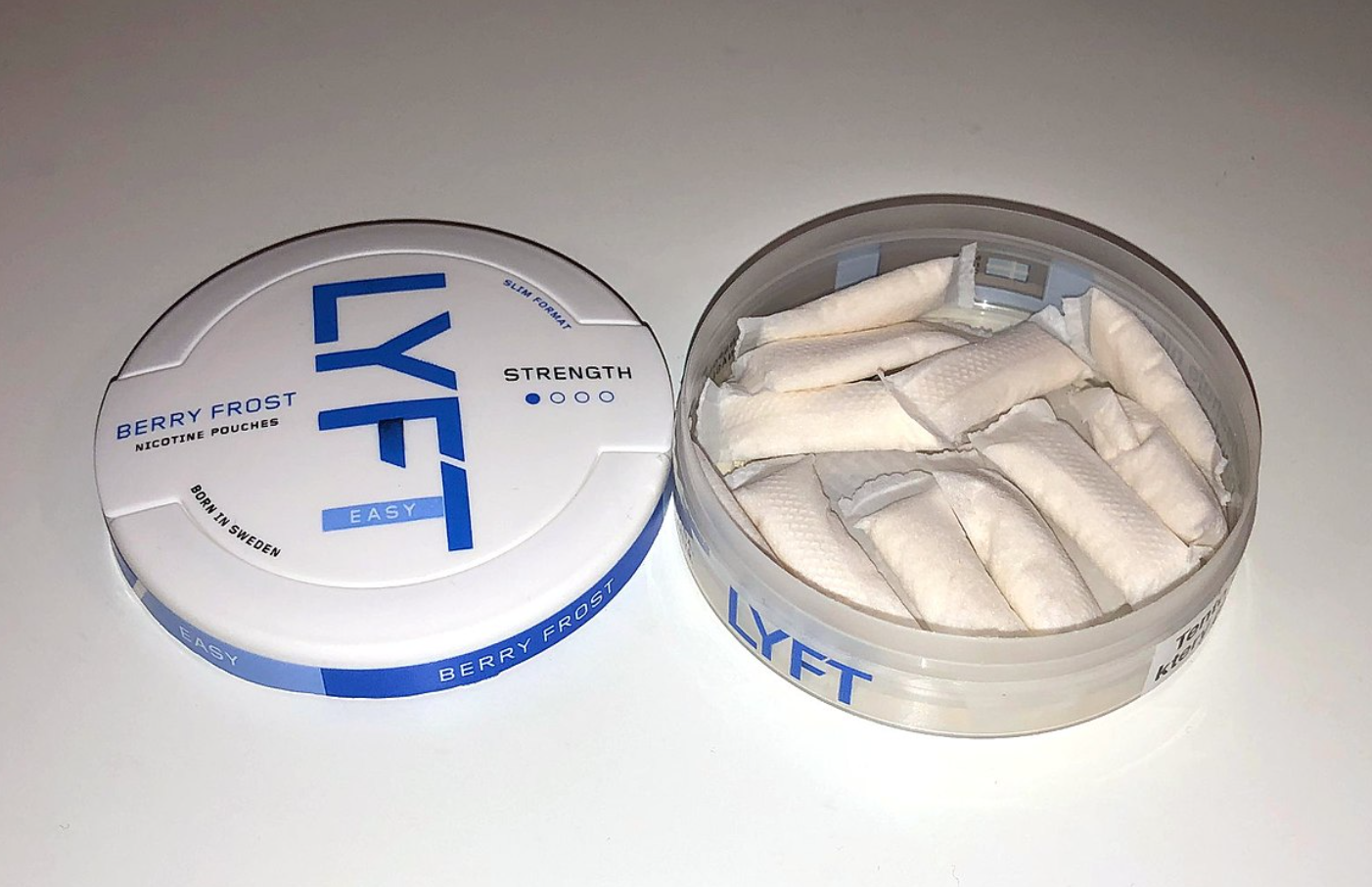The Kenyan government reportedly eased health warnings on nicotine pouches following pressure from British American Tobacco (BAT), threatening to withdraw investment from a new factory in Nairobi, an investigation reveals.
Correspondence between BAT and the Ministry of Health exposed the government’s compliance with the tobacco giant’s request to market Velo, a popular nicotine pouch, with reduced health warnings.
BAT successfully lobbied to diminish warning labels, contrary to existing regulations requiring warnings covering one-third of the package, detailing health hazards.
Velo was approved to carry a brief warning stating, “This product contains nicotine and is addictive.”
Velo pouches, gaining popularity globally and among Kenyan youth, were featured in TikTok videos and reportedly sold in schools.
Concerns about the potential addiction of a new generation and the pouches serving as a gateway to smoking prompted a government task force to advocate for strict regulations or an outright ban.
BAT, eyeing Kenya as a pivotal “test market,” sees the country as the base for expanding nicotine pouches across southern and eastern Africa.
Despite the global market for nicotine pouches reaching $3 billion in 2021, the long-term health effects remain uncertain.
BAT’s managing director wrote to Kenya’s health ministry in September 2021, seeking permission to sell Velo with a reduced warning, linking the factory’s operations to this approval.
The Ministry agreed to warnings covering 15% of the pack, down from the initially proposed 10%.
In response to the revelations, a BAT spokesperson emphasized the product’s labeling offering “important safety information” for adults, claiming contributions to public debates on harm reduction.


About Velo Pouches and Health Impact:
Velo pouches, containing nicotine, flavoring, and plant fibers, target adult smokers.
Sold legally in Kenya, they are affordable, but illegal smuggling of other pouch brands is reported.
Research on the health effects of nicotine pouches is inconclusive, with independent studies lacking.
While industry research suggests lower toxicant exposure compared to smoking, uncertainties persist about disease risk reduction.
Velo pouches contain high nicotine levels, delivering equivalent bloodstream nicotine as cigarettes.
Long-term effects may include high blood pressure, stroke, heart failure, and potential harm to developing brains.
BAT’s Successful Lobbying Campaign:
BAT launched nicotine pouches in Kenya in 2019, initially violating sales regulations. After regulatory challenges in 2020, BAT suspended sales temporarily, engaging with local authorities.
In 2021, BAT threatened to withdraw a $15 million investment in a new factory.
The subsequent government approval, reducing health warnings, allowed Velo’s re-entry into the market in June 2022.
BAT received a dispensation until July 2023, later requesting an indefinite exemption.
Impact on Kenyan Youth:
Despite BAT claiming Velo targets adult users, experts argue that the pouches are popular among Kenyan youth.
Limited data indicates high use among Generation Z, with the pouches infiltrating schools and being marketed as “cool.”
The government task force is contemplating separate regulations for nicotine products, addressing health risks through warnings.
Critics argue the government faces a critical decision between public health and economic gains claimed by BAT.

